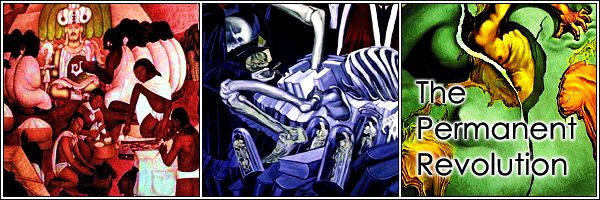I bought this book not really knowing what to expect, but as an aspiring historian, I could not resist the final, personal work of one of America’s greatest historians’ (at $7 to boot). Providing a diverse set of passages that, though they don’t always tie together very well, are a pleasure to read.
Early on, Ambrose describes various instances of American history he feels are important, defining moments. These are OK, and Ambrose often attempts to ‘set the record straight’ on different areas from Washington (best president ever), Jefferson (hypocrite but good writer), the robber barons (ultimately good), and Teddy Roosevelt (first interventionist president and conservationist).
The middle section of the book is its weakest. Here, this is a nationalist book, albeit somewhat apologetically so, but truth be told, not really thoughtfully so. If the book had a thesis, it would be that American history (more than any other nation in the world) is about freedom at home and spreading it abroad. Nothing wrong as such, though it can be rather jarring for a non-American who also lives in a free country to read that Americans live in the “freest nation on Earth”. It can also be unintentionally tragic-comical as when he writes that had Americans lost the Battle of New Orleans in 1815, the city would have been turned into “a southern version of Montreal” (not a disastrous prospect, either for the slaves living near the city then, nor given the state of city today, though Ambrose could not have a known that).
The real problem, in a book of this length, is the question of emphasis. Teddy’s colonialism in the Philippines, Cuba and Panama makes way for his conservationism. As he asserts America was not imperialist post-1945, he will remind us of Ike’s opposition to French Algeria but saves Truman’s support for French Indochina for his chapter on Vietnam (which is, presumably unrepresentative of the general trend of US history). To prove that America was not imperialist after WW2, he cites Eisenhower’s opposition to Anglo-French imperialism at Suez in 1956 but omits that same administration’s role in destroying nascent democracies in the Congo and Iran. And, of course, we get reminded of America’s role in creating the German and Japanese democracies again and again. (In my personal opinion, America supports democracy if and when she perceives it to be non-threatening to her interests. Which is much of the time, but not when radicals (Islamists, Communists) look ready to win, or it might deprive her of some strategic resource (Panama Canal, oil, copper, cobalt etc.).)
That is not to say Ambrose does not concede the usual sins of America’s past (slavery, Jim Crow, women’s rights, treatment of natives, colonialism etc,) but one feels he loves his subject too much for these to be anything more than a sideshow. The 8-page chapter on racism is about his personal experiences. Black history is for the most part limited to a few mandatory nods to MLK. That Ambrose feels the need to (albeit briefly) mention sexism, racism and imperialism says much, I think, about America. In that it is important to read. Americans wish to believe they’ve been exceptionally good since there founding as a nation, which poses problems when, say, a Jefferson or a Teddy is not found to be morally acceptable by today’s standards. I think this is a rather American characteristic, no English historian feels morally at stake when determining whether Henry the Eighth was sexist, nor would a French historian feel the need to excuse Francis the First for not being democratic…
Ambrose’s ‘memoir’ sections are the best. The parts on the place of racism and sexism in his life are informative. His descriptions of researching and writing books are a veritable goldmine of advice and experience for any aspiring historian or even any writer. Whether it is his decade-long study of Nixon, his first written pieces as a student on obscure figures in the Civil War, his personal struggle with Vietnam or his relationships with Eisenhower and WW2 veterans (American, British and German!), I found them highly enjoyable and informative.
In all, I would not call this a great book, but it is in many places a good book. Although Ambrose fails in his ambition to show America be all that exceptional in most respects, he does succeed in sharing the sense of optimism that is characteristic of American society. And even when To America isn’t particularly good, it is certainly good to read for any non-American because it rseems to encapsulate America’s self-perception as a force for freedom along with its self-doubt induced by the less glorious aspects of her past.



0 Comments:
Post a Comment
<< Home